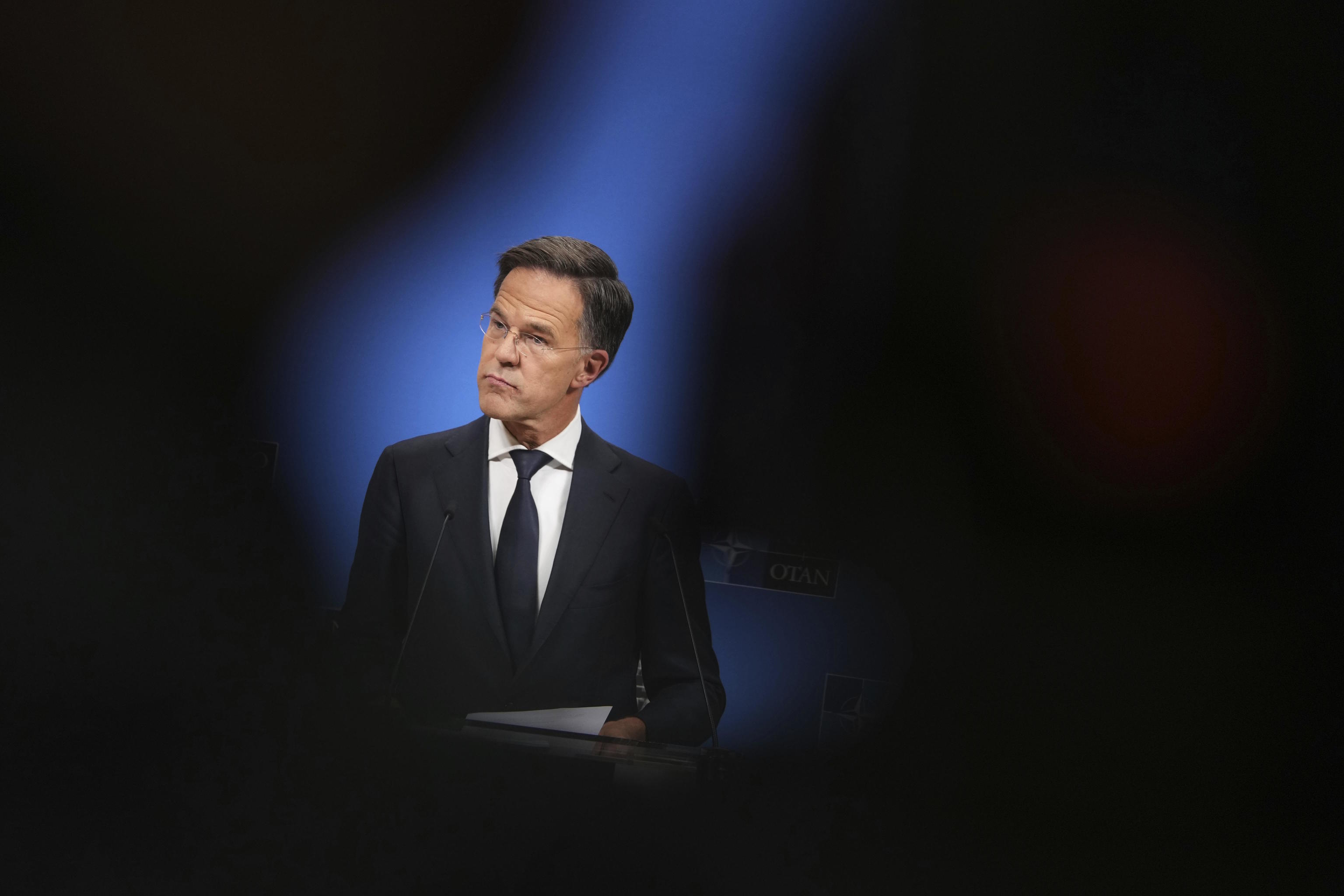Shooting down Russian planes that violate airspace is now an option being considered by NATO. The Alliance continues to escalate in response to provocations from Vladimir Putin, and sources within the North Atlantic Treaty Organization do not deny that the possibility is being considered. The Secretary General himself, Mark Rutte, hinted at it in a cautious manner during a press conference in Brussels yesterday. But after President of the United States, Donald Trump, gave his approval last night when asked about this possibility, shooting down a Russian aircraft is no longer a taboo.
NATO emphasizes that the Supreme Allied Commander in Europe, known as Saceur, has "both the tools and the authority to do what is necessary." This includes "opening fire on intruding aircraft." "The Saceur, our Supreme Allied Commander, has the overall prerogative and responsibility, as well as all the possibilities," NATO adds, referring to Rutte's statements from yesterday.
"'Yes, I do,'" was specifically Trump's response when asked if NATO should shoot down Russian planes violating allied airspace. He made this statement from the UN at the beginning of a bilateral meeting with Ukrainian President Volodymyr Zelensky.
Adding to this is the strong position of the Polish government. If another missile or aircraft enters our airspace without permission, whether deliberately or by mistake, and is shot down with the debris falling on NATO territory, please do not come here to complain about it," stated Polish Minister of Foreign Affairs Radek Sikorski on Monday at the United Nations meeting in New York. "You have been warned," he added. The possibility of a war in the heart of Europe is becoming increasingly likely.
So far, the only Russian aircraft incursion has been in Estonia, as the rest of the violations have been carried out by drones. Regarding the Estonian case, Rutte stated that the decision was made not to "escalate" the situation and simply escort the Russian jets back to their territory. In the case of drones, allied forces have indeed shot down several of them, but NATO faces a problem in this regard: it lacks the necessary tools. When these violations occur, the Organization has had to mobilize fighter jets, incurring costs and efforts to shoot down very cheap drones. It's not using a sledgehammer to crack a nut, but it's close.
The latest potential incursion into allied territory by Russian drones occurred on Monday in Denmark. Rutte was somewhat cautious about this violation and mentioned that it was still too early to determine if the origin was indeed Russia. However, the EU is very clear on this matter. "What we have seen regarding Russia is not only accidental violations of EU member states' airspace, but intentional violations of European airspace, and here we see a clear pattern," stated a Commission spokesperson when asked about the issue.
"I have just spoken with Prime Minister Frederiksen about the drone incursion around Copenhagen airport. Although the facts are still being clarified, it is clear that we are witnessing a persistent pattern of challenge at our borders. Our critical infrastructure is at risk. And Europe will respond to this threat with firmness and determination," added Commission President Ursula von der Leyen.
